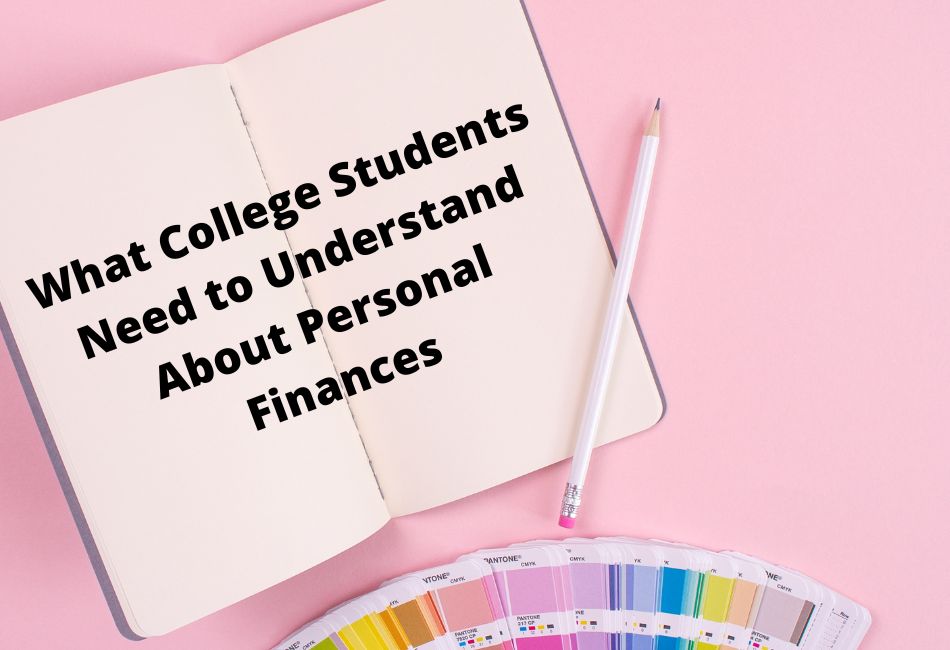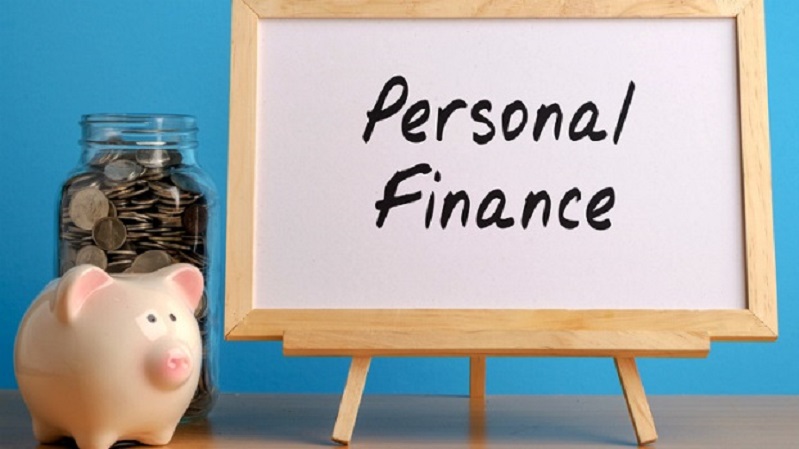This might be the first time you’ve ever been away from home as a college student. This implies that you will need to make decisions on a daily basis that have the potential to affect your current financial condition.
You need to know when your money will be coming in, regardless of whether you are working, receiving financial help from family, or have qualified for financial aid. You will also need to put some money away for amusement activities, costs associated with education, and meals.
Building a solid financial base should begin as soon as possible, and there is no better time than while you are living on your own and attending college. If you are facing problems because of your financial state, then you can also go for a pound 5000 loan for bad credit direct lender.
This article provides college students with a discussion of various crucial aspects of personal finance that they should keep in mind. Continue to read and make it a priority to improve your abilities in managing money if you want to position yourself for financial success both while you’re still in college and after you’ve graduated.
Importance of Maintaining Good Personal Financial Habits
When you’re in college, you’re not only beginning to plot out your future profession, but you’re also getting your first taste of life outside of the classroom for the first time. Because of this, even if the idea of financial planning seems like the dullest thing in the world to you, know that you are doing your future self a huge favour by learning about it now.
The decisions you make about your finances while you are in college can have an impact on your life for a long time after you graduate from college.
Advice on Handling Your Finances
Spending less money than you bring in and putting money away for the future are the cornerstones of financial planning. Doesn’t it sound straightforward enough?
However, the findings of the research suggest that putting it into reality is not quite simple.
According to the findings of Experian’s 2020 Consumer Credit Review, the typical amount of credit card debt is above £5,000.
This is more evidence that how you manage your finances today will directly affect how quickly you will be able to eliminate your debt and move on to pursuing other financial objectives in the future. But if an unexpected situation arises, you can always get a 10000 pound loan for bad credit.
And while though it’s possible that you won’t be able to avoid taking out loans completely, there are strategies to cut down on the total amount of debt you end up with. Continue reading for advice on managing your personal finances, as well as suggestions for objectives that may be quantified.
Create a Budget
You could be familiar with budgets and have come to the conclusion that you do not need one. You presumably believe that you do not have a lot of money to devote, and you probably are aware of what you are spending your money on.
Despite this, the poll conducted by Mint in April 2020 indicated that 65 per cent of college students are unaware of how much money they spent in the previous month. The issue is excessive spending, not the spending itself. And because of this, most of them might end up applying for self employed loans no credit check.
Then, what exactly is a budget? A budget is a tool that is used for financial planning.
When you make a budget, you divide your allowance or income into three categories: spending, savings, and, if you have any debt, payments on that debt.
Find out how much money you make
Determine the amount of money that is received on a monthly or semesterly basis.
Add up the payments you receive each month from your work, any allowances you receive from your parents, and the disbursements you receive from financial aid and student loans.
- Try to get as close to the actual numbers as you can.
- Estimate, be exact.
- If you start with an amount that is more than what you have, you will almost certainly end up going over your budget.
Estimate your costs
The next step that you’ll need to do is to classify each of your expenditures. You can enter a preliminary estimate or check your bank statement to see how much money you are spending in each area. Your expenses will most likely be broken down into the following categories:
- Rent
- Food
- Bills
- Carriage and conveyance
- Expenses relating to education
- Costs associated with recreation and daily living
Prepare a budget for the upcoming week. It is important to establish a weekly budget now that you have calculated your income and spending for the period under consideration.
Naturally, you also have the option to carry it out every month.
On the other hand, a weekly budget is recommended since it is simpler to monitor and control.
Simply take the amount of your overall revenue for the month or semester and use that as the starting point for calculating your weekly budget.
Next, subtract all of the necessary costs, including the rent, the bills, the cost of transportation, the cost of school fees, and the cost of food. In the last step, divide the total amount still outstanding by the total number of weeks that comprise the period.
Set goals
That is fantastic if you did the calculations and determined that your weekly budget is manageable! However, if you find out that you don’t have much after accounting for substantial costs, it’s time to look hard at your spending habits to see where you may cut back.
- Are there any costs that you can reduce to save money? Or can you maybe acquire a part-time job?
- Is it possible for you to give up your car and live on campus to save money on petrol and insurance?
You might also consider picking up some cooking skills to cut down on the money you spend on takeout. After analysing your expenditures and determining the means by which you can remain within your financial constraints, the next step is to formulate some objectives to lower your spending or locate additional sources of revenue.
Create a Fund for Unexpected Expenses
If you are able to, you should put money aside in case of an emergency. Not only will you be prepared financially if anything unanticipated occurs, but you will also develop the habit of saving money regularly, whether it be weekly or monthly. It is an excellent method for establishing appropriate financial habits.
How to develop an emergency fund?
Start with the sum.
What’s your emergency fund goal? Consider other life-threatening scenarios that might involve you. If you own a car, you should calculate how much money will be needed for repairs and use that sum as your starting point.
Determine where the cash will be stored.
It is not advisable to retain your savings in the same checking account you use for your regular spending; thus, you should consider creating a savings account.
Take advantage of the vast majority of student checking and savings accounts provided at no cost. You might even open it with a different bank if you believe this would be essential to make it more difficult to move money from one account to another.
Determine a quantity that may be saved reasonably
When you have determined how much money you want in savings, the next step is to decide how much money you will put away each month or semester. Determine where the money will be coming from; this will help you maintain consistency.
Make prudent use of your credit cards.
As a college student, you have undoubtedly already been cautioned against credit cards and told that having one is not a smart idea. However, you should consider applying for a credit card so that you may begin the process of developing your credit history and credit score.
Beginning with a low credit limit will give you time to learn how to use your card responsibly.
You can make purchases using your credit card account, but you should always make sure you have enough money to pay off the debt in full at the end of each month. If you use this method, you won’t be subject to the fees and interest charges associated with holding a balance on your credit card.
Conclusion
When you look ahead ten years, where do you picture yourself? There is a good chance that your vision involves a certain level of financial comforts, such as luxurious trips to Europe or an expensive automobile. At the absolute least, you’ll want to leave enough room in your budget to be able to buy concert tickets or go out to dinner without feeling stressed about money.
The debt that young adults carry has increased with rising college expenses.
As a result of young professionals finding that their balance sheets are weighted down by college debt, the number of people purchasing their first house has dropped to a generational low. In other words, the choices you make about your finances now will have repercussions for you in the future, either in the form of costs or benefits.





